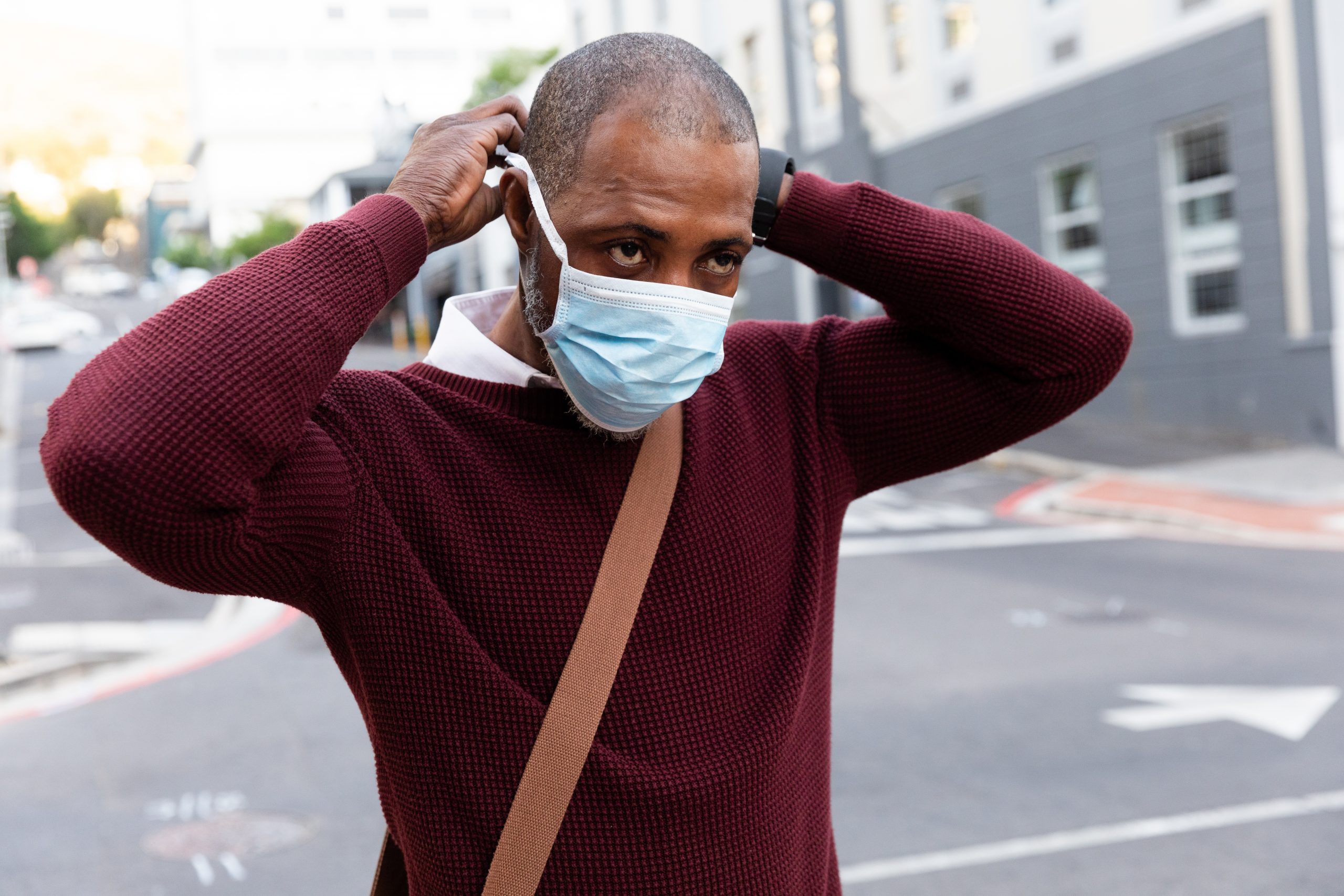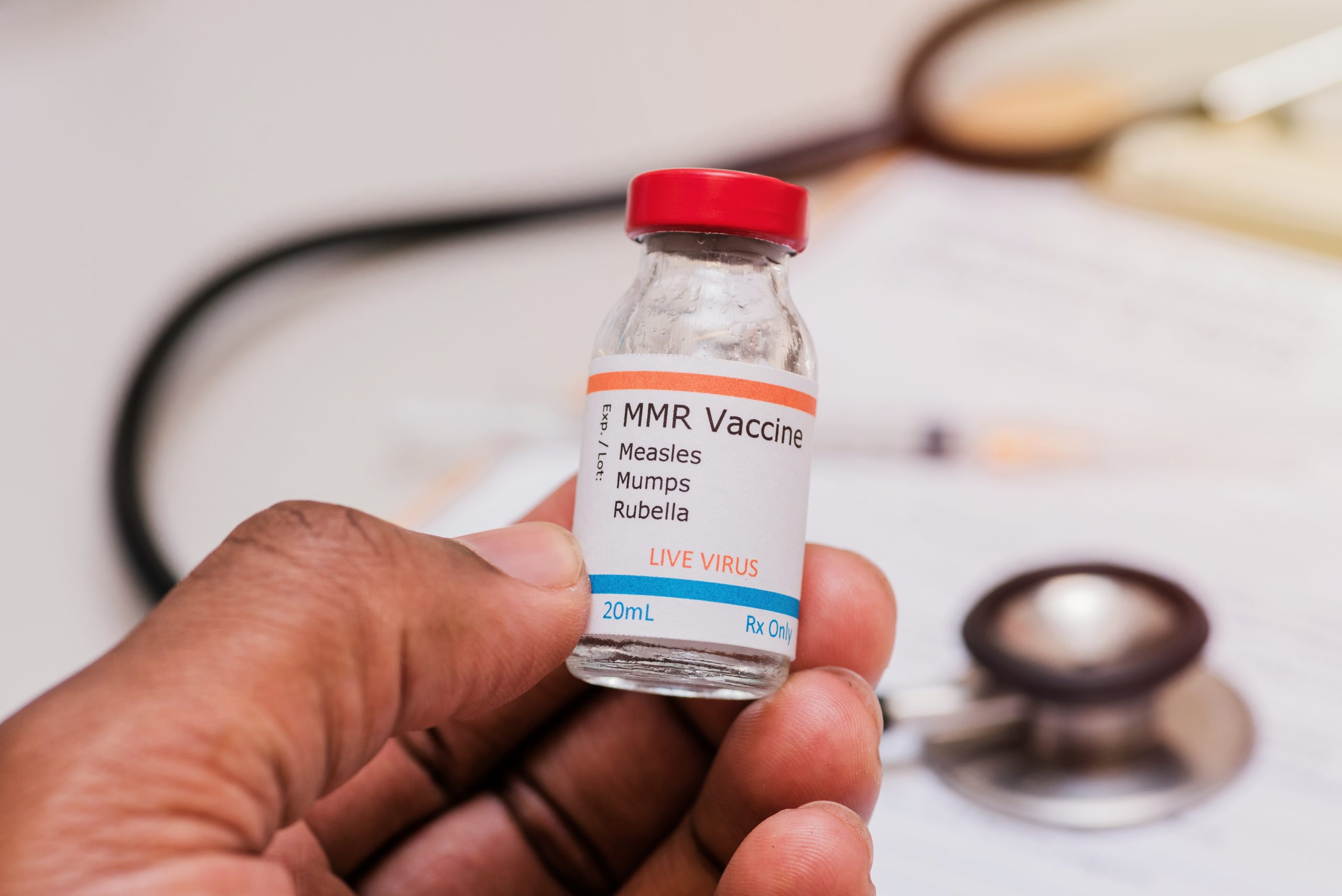HEALTH
SENEGAL: The State must go beyond the criminalization of rape and pedophilia

Since January 2020, rape and pedophilia have become crimes in Senegal, which means that they are finally recognized for what they have always been: psychic murders. But this criminalization of rape and pedophilia is not enough! By Aminata Libain Mbengue is a clinical and feminist psychologist.
Opening locations for victims is as crucial as acknowledging the seriousness of these acts. Sexual violence at any age shatters our integrity. Rebuilding is a necessary step.
We may never know the extent of sexual violence, but we are surrounded by victims. We need places where we can take responsibility for treating victims of sexual violence, and this is an absolute emergency.
Justice does not cure trauma. While the law makes it possible to qualify and name the facts, it does not take into account the reality of victims in a social environment marked by a “rape culture”. These preconceived notions are “confusing”. Rape is not sexuality, it is breaking into the body and mind of the other. Rape is not “too full of uncontrollable impulses”, it is a domination, a possession of women’s bodies. And because of all the patriarchal burdens, the majority of victims of sexual violence will not engage in a very often re-traumatizing judicial process.
It is inconceivable that women, who want to leave a toxic home, are blocked with their executioners because alternative accommodation does not exist. Justice does not cure trauma
How many victims of silent sexual violence are there? Because a liberated word is always accompanied by reprisals. How many think what they’ve been through is an isolated fact? How many victims of domestic violence continue to suffer because these acts are trivialized, because they are under psychological control and/or economic dependence?
It is inconceivable that women, who want to leave a toxic home, are blocked with their executioners because alternative accommodation does not exist. Even if not all the victims are going to file a complaint, all of them need treatment. Senegal must have reception and accommodation centres where victims can receive medical and psychological care in order to rebuild.
As everywhere, violence against women has increased during this Covid-19 pandemic. Women’s rights associations have all received more calls and requests than usual. These associations do remarkable work on the ground, they face the distress of women every day, but they feel helpless and abandoned. It is the responsibility of the State to take care of the victims because the repercussions of this violence on life are considerable.
The resulting post-traumatic stress disorder deteriorates mental and physical health over many years. Early management improves women’s quality of life. These specific treatments reduce dissociative behaviours: risky behaviours, depressive or anxious episodes.
Victims need a place to land, to put words, to decolonize traumatic memory. Of course, today, the voices are rising more and more against the violence suffered by women, but we will not succeed without an effective national support system.
To support the victims, a telephone support line is needed in all major cities in Senegal, and is available 7 days a week and 24 hours a day. The financial burden of care must not rest on the victims, because it is an additional cost that makes many women victims give up.
Violence against Senegalese women is not inevitable; denouncing them is not enough, concrete actions are needed: educate on consent, deconstruct sexist prejudices, guarantee access to justice, training law enforcement agencies to listen to victims and supporting associations financially.
[1] Rape culture is the set of beliefs and prejudices we have about the behaviour of perpetrators and victims of sexual violence. Example: “rapists are sick,” “how were you dressed? Why didn’t you scream?”
Aminata Libain Mbengue is a clinical and feminist psychologist.
HEALTH
COVID 19 – A new variant we discovered

According to a senior official at the World Health Organization, a new highly mutated variant of COVID called BA.2.86 has been discovered in several countries including Switzerland, South Africa, as well as Israel, Denmark, the United States and the United Kingdom.
According to “Reuters”, the variant was first spotted in Denmark on 24 July after sequencing of the virus infecting a patient at risk of becoming seriously ill”. And so it was detected “in other symptomatic patients, during routine checks at airports and in wastewater samples in a handful of countries”.
Thus, scientists have indicated that “although it was important to monitor BA.2.86, it was unlikely to cause a devastating wave of serious illness and death given the immune defenses developed worldwide as a result of vaccination and previous infection”.
WHO COVID-19 technical officer Maria Van Kerkhove said, “The numbers are still low”. But the reduction in global surveillance could lead to rapid circulation of the virus…
HEALTH
TOBACCO CONTROL: Seven out of 10 people protected by anti-smoking measures

A new report from the World Health Organization (WHO) highlights that 5.6 billion people, or 71% of the world’s population, are now protected by at least one good practice policy to save lives from deadly smoking, five times more than in 2007.
Over the past 15 years, since WHO’s MPOWER measures were introduced globally, smoking rates have fallen. Without this reduction, the UN World Health Agency estimates that there are now 300 million more smokers worldwide. This new WHO report on the global tobacco epidemic focuses on protecting the public from passive smoking, noting that nearly 40% of countries now have fully non-smoking indoor public places. The report assesses the progress made by countries in tobacco control and shows that two other countries, Mauritius and the Netherlands, have reached the level of best practices for all MPOWER measures, a feat that only Brazil and Turkey have achieved so far. These data show that, slowly but surely, more and more people are protected from the harms of tobacco by WHO policies based on evidence and best practices.”said Dr Tedros Adhanom Ghebreyesus, Director-General of WHO, congratulating Mauritius on becoming the first country in Africa and the Netherlands on becoming the first country in the European Union to implement WHO’s comprehensive tobacco control policies at the highest level. Eight countries are only one policy away from joining the leaders of tobacco control: Ethiopia, Iran, Ireland, Jordan, Madagascar, Mexico, New Zealand and Spain. However, much remains to be done: 44 countries are not protected by any of WHO’s MPOWER measures. At the same time, 53 countries have still not adopted a total ban on smoking in health facilities. In addition, only half of the countries have smoke-free private workplaces and restaurants.
Passive smoking
“WHO urges all countries to implement all MPOWER measures at the level of best practices to fight the tobacco epidemic, which kills 8.7 million people worldwide, and to oppose the tobacco and nicotine industries, who are lobbying against these public health measures,” said Dr Ruediger Krech, Director of Health Promotion at WHO. About 1.3 million people die each year from second-hand smoke. All of these deaths could be prevented. People exposed to second-hand smoke are at risk of dying from heart disease, stroke, respiratory disease, type 2 diabetes and cancer. In this fight against tobacco, the ban on smoking in public spaces is only one of the measures of the Effective Tobacco Control Package, MPOWER, designed to help countries implement the WHO Framework Convention on Tobacco Control and stem the tobacco epidemic. The paper shows that all countries, regardless of income level, can lower the demand for deadly tobacco, achieve major public health victories and save billions of dollars in health care and production costs.
HEALTH
SENEGAL – 400 cases of measles recorded

Measles is back in force, with more than “400 cases recorded nationally”. It is a revelation of Doctor Boly Diop, responsible for epidemiological and post-vaccination surveillance at the Ministry of Health and Social Action, on Thursday, July 13, 2023.
“Performance in the first half of the year revealed the existence of a measles epidemic,” said Dr. Boly Diop, noting that Fatick is the only one of the country’s 14 regions that has yet to register a confirmed case of measles.
Outside of Fatick, all regions have confirmed cases of measles and there are districts that have become epidemic. This means that today, measles is back in force, there are confirmed cases and epidemics that are recorded throughout the regions,’ he said, on the sidelines of a quarterly coordination meeting for epidemiological surveillance.




